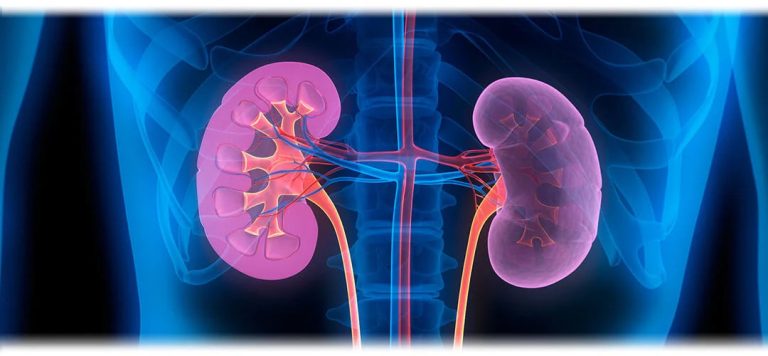We all have those days when we just want to eat everything in sight.
It could be because we are hungry, bored, or stressed. But how do we stop the cravings and maintain a healthy weight at the same time?
Cravings are caused by a variety of factors, and usually, they are the result of a lack of protein intake and/or high levels of sugar in the blood. They can also be caused by stress and emotional triggers.
More often than not, the foods you crave are processed junk foods that are high in sugar. It can be quite difficult not to open the fridge or cupboard door and devour what’s inside. But, when you over-indulge on a regular basis and give in to the sugar cravings, it can have a severe impact on your health, both short-term and long-term.
In this article, we’ll discuss some natural ways to help control your appetite and keep your cravings in check. We’ll look at how eating certain foods, such as proteins and fibre-rich foods, can help reduce hunger between meals. We’ll also explore other helpful methods like drinking more water, getting adequate sleep, exercising regularly, and managing stress levels. Finally, we will discuss the importance of developing healthy eating habits that support both your physical health and mental well-being.
- What Causes Food Cravings?
When it comes to dieting, food cravings can be a major obstacle. From salty snacks to sugary indulgences, it can be difficult to stick with a healthy eating plan when your tastebuds are calling for something else. Food cravings are powerful desires for certain foods that often leave you feeling helpless to resist. Cravings can be caused by a variety of factors, ranging from physiological triggers like hormonal changes and nutritional deficiencies to psychological needs like stress relief and emotional satisfaction. Diet, healthy eating habits, and lifestyle choices all play a role in how often and why we experience food cravings.
Hormonal imbalances due to menstruation or pregnancy can cause strong cravings for certain foods as well as an increased appetite overall. Nutritional deficiencies may also lead to cravings as the body attempts to obtain the necessary vitamins and minerals through food consumption. Stressful life events such as job loss, or even boredom, can lead you to seek comfort in certain ‘comfort’ foods which contain higher levels of sugar or fat than your usual diet may include. Food cravings are a complex phenomenon that can affect anyone, regardless of diet. But why do you crave certain foods over others? The answer is not entirely clear but there are some theories on what causes food cravings.
First, it’s important to note that cravings aren’t always caused by hunger. In fact, they often stem from psychological and emotional triggers such as stress or boredom. When you experience these triggers, your body may be telling you to satisfy an inner need or desire in the form of food. Additionally, physiological changes such as hormonal fluctuations or nutrient deficiencies may also lead to food cravings. Eating a healthy and balanced diet is the best way to prevent nutrient deficiencies and keep your hormones in check. Fortunately, there are ways to keep cravings at bay without compromising your appetite. Natural approaches like mindful eating and regular exercise can help you stick with a healthy diet while still satisfying your hunger pangs.

- Five Ways To Keep Food Cravings At Bay
If you have a hard time sticking to your diet or healthy eating plan, you’re not alone. Many of us struggle with food cravings and overeating, which can be detrimental to our health and overall wellness. But don’t worry – there are natural strategies that you can use to help reduce food cravings and keep them at bay, including:
- Stay Hydrated
Thirst is often mistaken for hunger, so drinking a large glass of water when you feel a craving coming on may just be what you need. Not only will you reap the benefits of regularly drinking water and staying hydrated throughout the day, it’ll also help you beat your food cravings quickly.
- Up Your Protein Intake
Protein takes longer to digest than most other foods, which is why it makes a great food for feeling full for longer. By eating more protein in your diet, you may find that your food cravings become less frequent.
- Plan Your Meals & Meal Sizes
Many people don’t have a high enough calorie and nutrient intake for their weight and health needs which often leads to snacking between meals. Having a meal schedule that you stick to, and meal portion sizes that are appropriate to your specific health requirements, will mean you stay fuller for longer
- Get Enough Sleep
Sleep deprivation can disrupt your body’s normal fluctuations in appetite, which can lead to poorer appetite control. A good night’s sleep helps to balance your hormones and, in turn, can reduce the cravings you experience during the day.
- Fight Stress
When you’re stressed, one of the first things you may do is reach for the snack drawer in the hope of finding a sweet or savoury treat to make you feel better. By identifying what is causing your stress or anxiety and working on finding your triggers, you’ll find it easier to manage your food cravings and slowly begin to minimise them.
- What is Mindful Eating?
Mindful eating is based on mindfulness, a form of meditation that helps to develop an awareness of your experiences with food as well as being used to treat various food-related behaviours. It makes you more aware of what you’re eating, why you’re eating it and how it makes you feel.
Practising mindful eating is something you should do if you want to maintain weight naturally without restricting yourself to a strict diet.
Giving more freedom to yourself when it comes to food and eating will not only have huge health benefits but will also make you feel more energised, stress-free and relaxed, which, in turn, will see your food cravings fade away.






